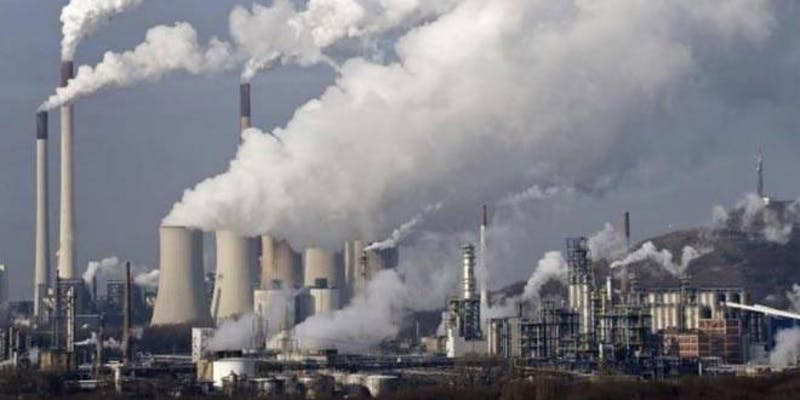
India’s Energy and Climate Policy
ERE’s Global Leaders Forum and the South Asia Studies program present: India’s Energy and Climate Policy
Speakers: Johannes Urpelainen, Director, Energy, Resources, and Environment Program and Founding Director, Initiative for Sustainable Energy Policy (ISEP) and Charles K. Ebinger, Nonresident Senior Fellow, Global Energy Center, Atlantic Council; former director, Energy Security Program, Brookings and former SAIS Adjunct
India is the third largest CO2 emitting country in the world behind the U.S. and China. Its population is growing rapidly and is forecast to surpass that of China in 2022. India relies on coal for most of its power generation. Despite impressive economic growth rates, a large part of India’s population lives in poverty and 300 million people have no access to electricity. Historically, this has led India to give priority to economic growth over environmental concerns.
However, India did sign the Paris Agreement and has pledged to reduce greenhouse gases. Its INDC includes ambitious goals to expand renewable energy, energy efficiency and nuclear power. But reliance on fossil fuels will continue. Our speakers will discuss the outlook for India’s energy and climate policies.
Moderated by: Wil Kohl, Senior Adviser, ERE Program
- 00
Days
- :
- 00
Hours
- :
- 00
Minutes
- :
- 00
Seconds
Venue Details
Johns Hopkins University School of Advanced International Studies
1619 Massachusetts Ave. NW 20036
Rome Auditorium
